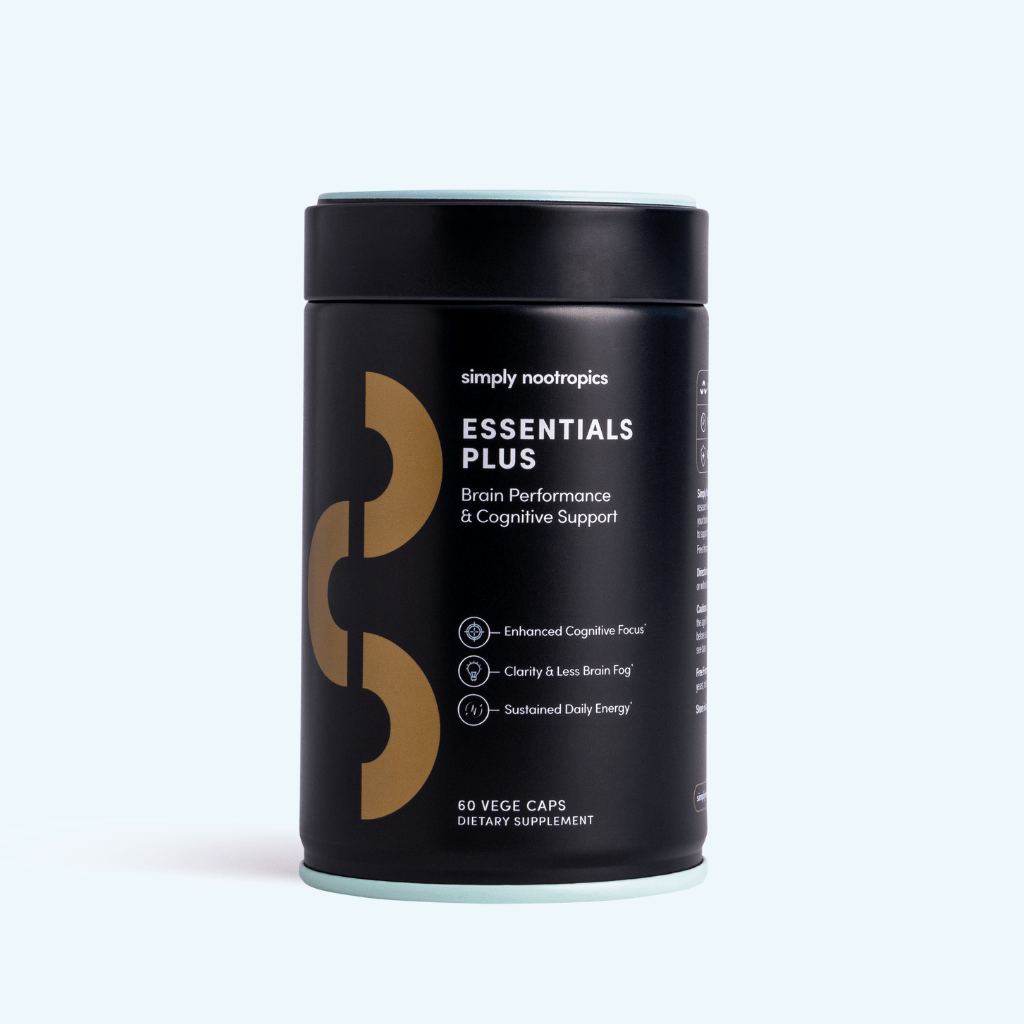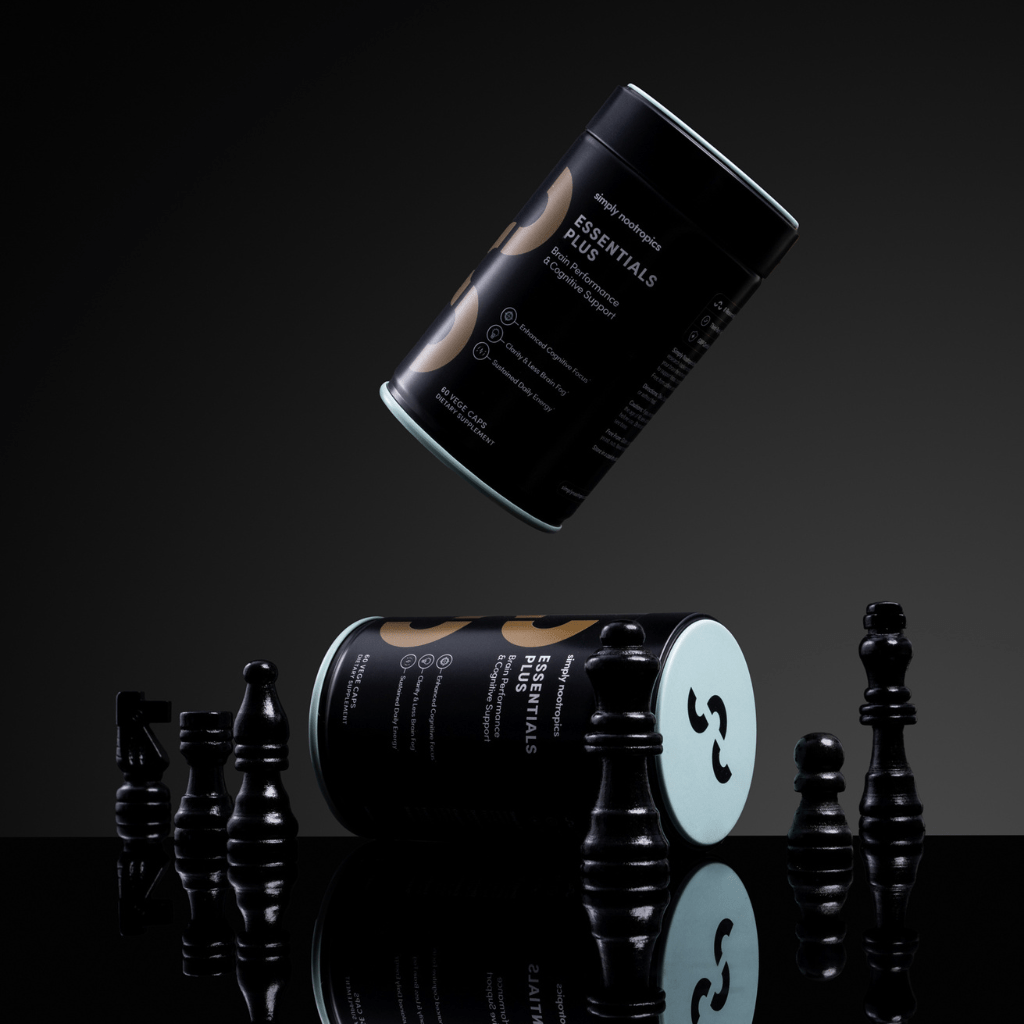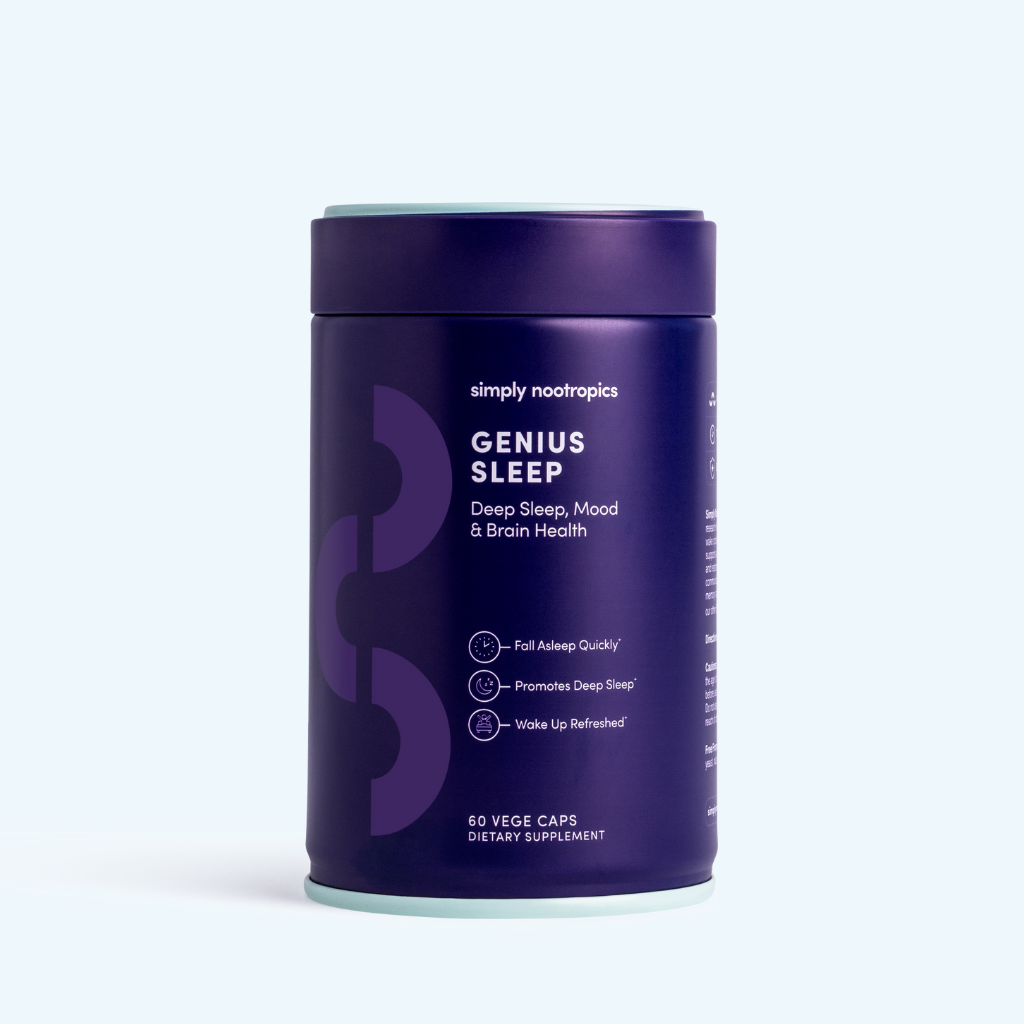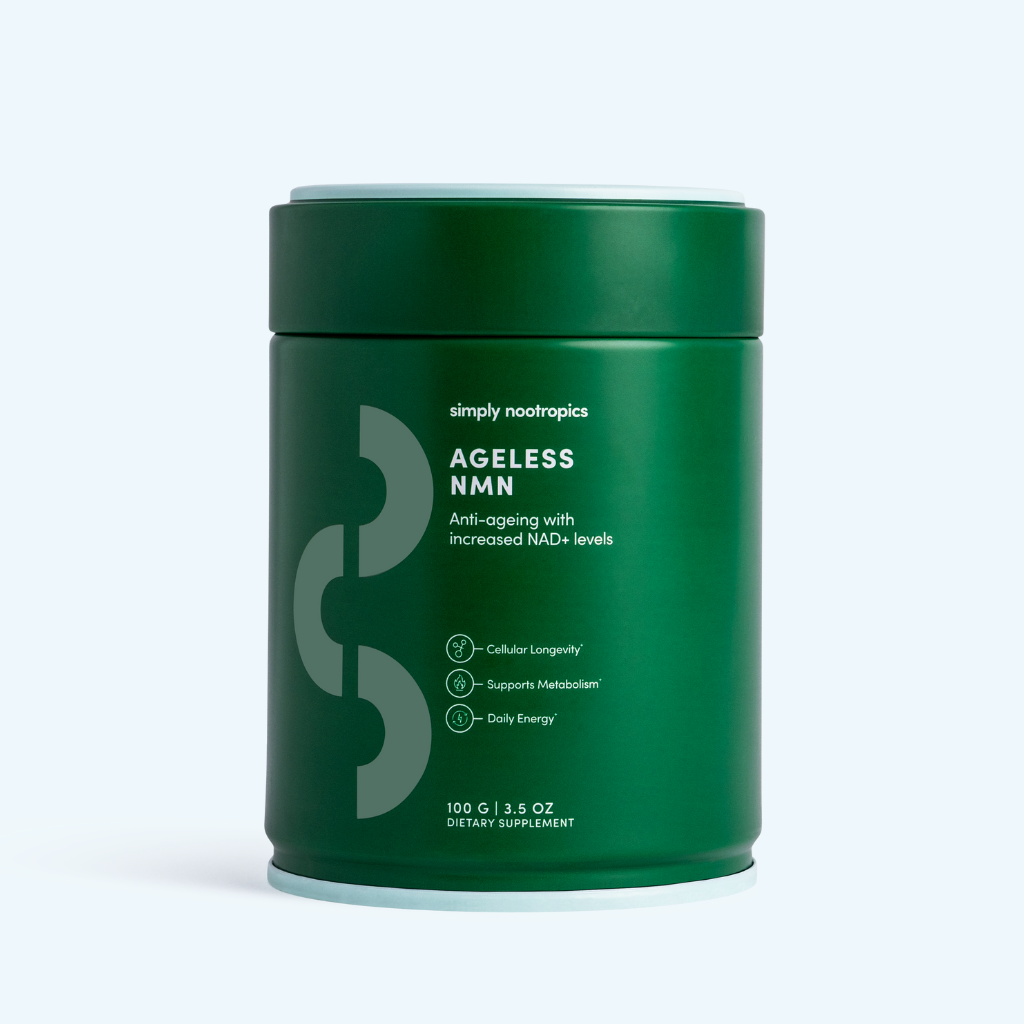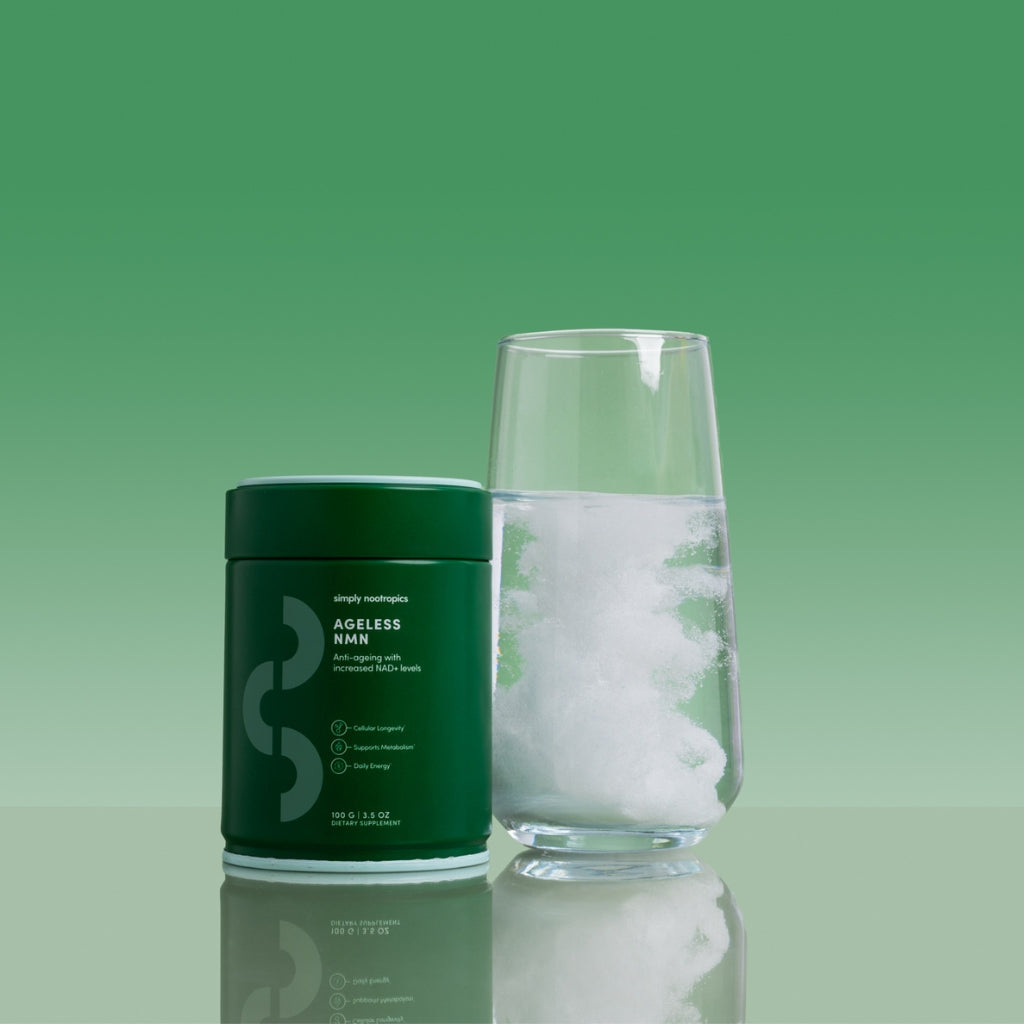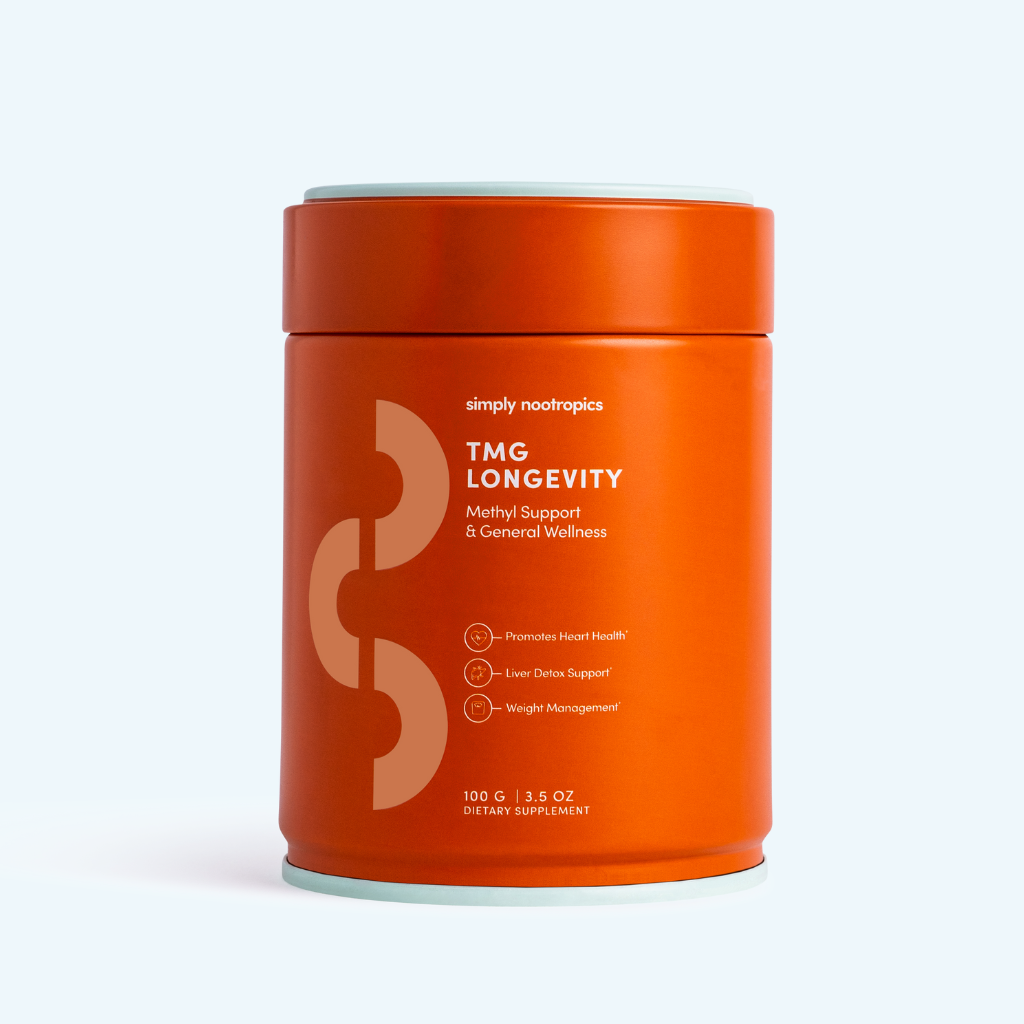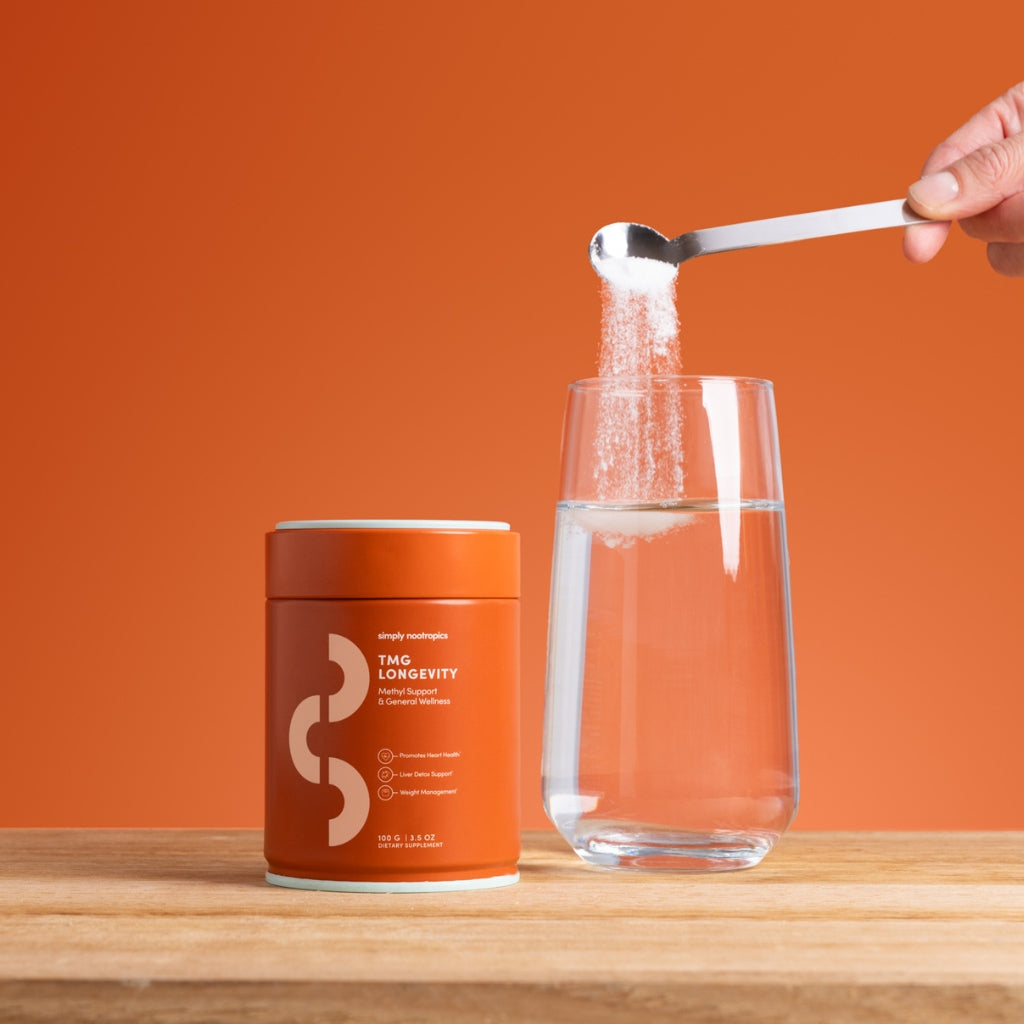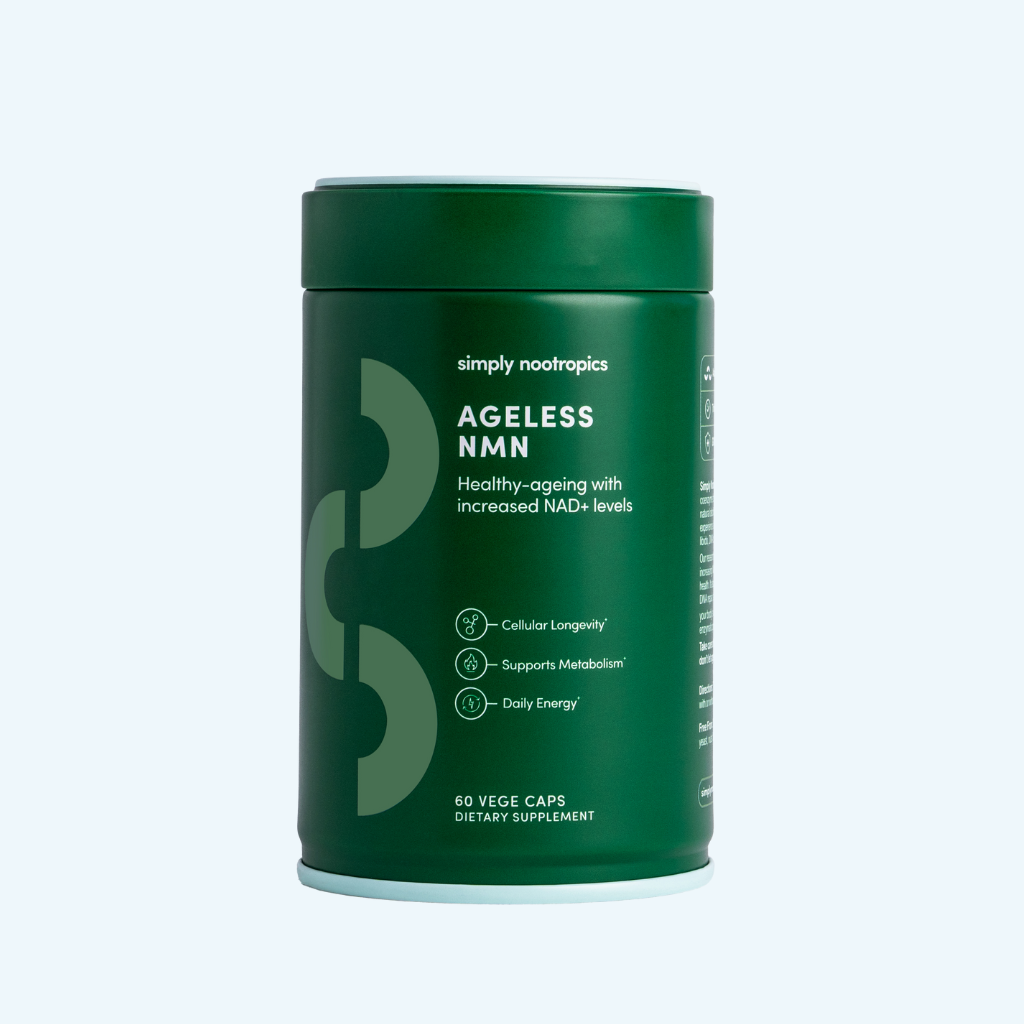In a world full of blue light blockers, melatonin gummies, weighted blankets, and bedtime yoga routines, it’s easy to forget one simple truth: good sleep isn’t about doing everything perfectly. In fact, sometimes the pressure to sleep “right” is exactly what’s keeping us up.
We’re not here to tell you to eliminate all caffeine, buy a thousand-dollar mattress, or go off-grid. Instead, this is your no-pressure guide to sleeping better without chasing some unattainable ideal of eight perfect hours.
Let’s start with what sleep quality actually means.
What Does “Good Sleep” Even Look Like?
You’ve probably heard about the ideal: 7 to 9 hours a night, uninterrupted, waking up refreshed. But the reality is more nuanced.
Good, restorative sleep doesn’t necessarily mean long sleep. It means:
-
Falling asleep within 15–20 minutes
-
Staying asleep most of the night
-
Not waking up too early
-
Waking up feeling mentally and physically rested
What’s more, restorative sleep needs can shift with age, stress, health status, and lifestyle. The quality of your sleep is influenced by your sleep architecture: your cycles of light, deep, and REM sleep, and how smoothly your body flows through them.
So if your sleep isn’t perfect, you’re not broken. But you can support it in realistic, sustainable ways.
Step 1: Don’t Try So Hard
Ironically, one of the most common blocks to good sleep is trying too hard to achieve it. This is known as sleep effort: when you’re lying in bed worrying about sleep, calculating how many hours you have left, or running through every hack you’ve ever read.
This can activate your stress response and keep your brain on high alert. Over time, this can condition your mind to associate bedtime with performance anxiety, not complete relaxation.
Instead:
-
Accept that some nights will be better than others
-
Shift your focus from performance to patterns
-
Remind yourself that rest is still restorative, even if sleep is elusive
This mindset shift alone can help reduce insomnia symptoms in people who are otherwise healthy.
Step 2: Rethink Your Wind-Down Routine
We all know the basics: dim the lights, avoid screens, have a cup of herbal tea. But if your “routine” feels like a to-do list, it’s missing the point.
Instead of following rigid steps, think about what actually helps your nervous system relax. That might be:
-
Reading something calming (not doomscrolling)
-
Doing light stretching or mobility work
-
Journaling your thoughts out of your head and onto paper
-
Listening to music that makes your shoulders drop
The aim here is to signal to your body: we’re safe, it’s time to power down.
And yes, that might include a screen, if you're watching a slow documentary or using blue light filters. It’s about how you’re engaging, not just what you’re doing.
Step 3: Let Light Work for You
If you want to improve your sleep, start with your mornings. Your circadian rhythm, the internal clock that regulates sleep and wake cycles, is heavily influenced by light exposure.
Getting sunlight in the morning can help anchor your body clock, improve alertness during the day, and increase melatonin production at night. It also helps regulate cortisol in a healthy rhythm.
Here’s how to use light to your advantage:
-
Get 10–20 minutes of natural light within an hour of waking
-
Avoid bright overhead lights after 9pm
-
Dim screens and switch to warmer tones in the evening
This doesn’t require perfection, just consistency. Morning walks, opening the blinds, or even sitting by a window with your coffee can make a difference.
Step 4: Eat and Move with Sleep in Mind
No, you don’t need to fast for 14 hours or do cold plunges at sunrise. But daily movement and blood sugar stability can seriously improve sleep quality.
Movement:
-
Exercise helps increase deep sleep and reduce stress hormones
-
Even 30 minutes of walking, dancing, or yoga can help
Nutrition:
-
Eating large meals too late can disrupt melatonin and digestion
-
Spikes and crashes in blood sugar can lead to night-time wakings
-
Support your sleep with meals rich in fibre, healthy fats, magnesium, and tryptophan-containing foods like oats, almonds, or tofu
Bonus tip: avoid the wine-as-sleep-aid myth. Alcohol can knock you out initially but tends to fragment sleep and reduce REM later in the night.
Step 5: Manage Stress in the Daytime
If your brain is racing at 2am, the solution doesn’t lie just in what you do at night. Chronic stress keeps your sympathetic nervous system (fight or flight) in overdrive, and this leaks into your sleep architecture, making you wake up groggy even after a full night.
Look for small ways to offload tension before it builds:
-
Schedule 5-minute pauses throughout the day to check in with yourself
-
Practice breathwork, vagus nerve stimulation, or simply take walks without your phone
-
Talk about your stress, don’t carry it alone
Supporting your sleep isn’t about “clearing your mind” every night. It’s about making life a little lighter before your head hits the pillow.
Step 6: Respect Your Rhythm (Not the Internet’s)
Sleep is personal. Some people naturally feel tired at 9pm, others do their best thinking at midnight.
If your schedule allows, you don’t need to force a strict early bedtime. In fact, trying to sleep before your body is ready can create “sleep opportunity” without actual sleep, leading to frustration.
Instead:
-
Track when you naturally feel sleepy and energised
-
Aim for a consistent wake-up time even if bedtime shifts
-
Match your activities to your rhythm, don’t work late and expect to fall asleep instantly
This approach respects your biology while still supporting good habits.
Step 7: Know When to Support Your Body
Sometimes, no matter what you do, your body needs extra help. Travel, stress, ageing, and hormonal shifts can all throw your sleep off track. This doesn’t mean you’ve failed, it means your body might be low on the raw materials it needs to rest and repair.
In these moments, giving your system a little extra support, rather than pushing harder or piling on more pressure, can make all the difference.
That’s where Genius Sleep comes in. It’s a gentle, non-drowsy formula designed to help your body switch gears from go-mode to rest-mode, without relying on harsh sedatives or groggy next-day side effects.
The ingredients are carefully selected to help ease tension and support deeper, more restorative sleep:
-
Reishi mushroom helps regulate the stress response and promotes a sense of calm
-
Passionflower extract supports healthy GABA levels to quiet mental chatter
-
Magnesium bisglycinate soothes the nervous system and supports muscle relaxation
-
L-theanine helps prepare the brain for melatonin production and circadian balance
-
And more
Taken regularly as part of your evening rhythm, Genius Sleep helps nudge your body back into a state where rest feels natural, so you can fall asleep more easily, stay asleep longer, and wake up feeling clear, not cloudy.



